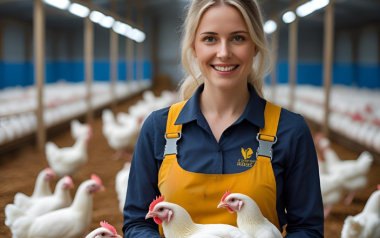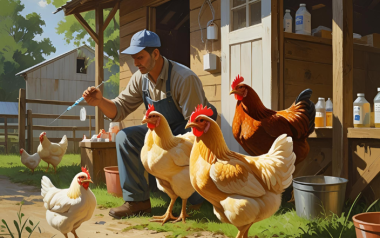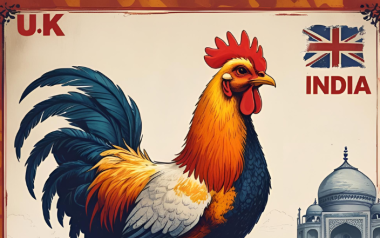Sources: Available upon request.
11 Dec 2024
How will changes in US immigration policy affect the poultry sector?
The U.S. poultry meat industry is poised to face significant challenges due to potential changes in immigration policy. These changes, particularly those involving stricter immigration enforcement and mass deportations, could have far-reaching effects on both the workforce and consumer base.
The U.S. poultry meat industry is poised to face significant challenges due to potential changes in immigration policy. These changes, particularly those involving stricter immigration enforcement and mass deportations, could have far-reaching effects on both the workforce and consumer base.
Workforce impact
The poultry industry heavily relies on immigrant labor. Many of these workers are undocumented, and their roles are crucial in processing plants and farms. If stricter immigration policies lead to mass deportations, the industry could experience a severe labor shortage. This shortage would not only disrupt production but also increase labor costs as companies struggle to find and retain workers willing to perform these demanding jobs.
Historically, immigrant workers have filled positions that are often less desirable to the native workforce due to the physically demanding nature of the work and relatively low wages. The loss of this labor force could force companies to increase wages to attract domestic workers, thereby raising operational costs. This increase in costs could, in turn, lead to higher prices for poultry products, affecting the entire supply chain from production to consumer pricing.
Consumer base
Immigrants are not only a vital part of the workforce but also a significant portion of the consumer base. A reduction in the immigrant population due to deportations would decrease the number of consumers purchasing poultry products. This reduction in demand could lead to an oversupply of poultry meat, driving down prices and potentially leading to financial losses for producers.
Moreover, the economic contributions of immigrants extend beyond their direct consumption. Immigrants often support local economies through their spending on housing, transportation, and other goods and services. A decrease in this population could have a ripple effect, reducing overall economic activity in regions heavily dependent on immigrant labor.
Industry adaptation
To mitigate these impacts, the poultry industry may need to adapt by investing in automation and technology to reduce reliance on manual labor. While this could help address labor shortages, it requires significant upfront investment and may not be feasible for all producers, especially smaller operations.
Additionally, the industry might advocate for more flexible immigration policies that allow for a legal and stable workforce. Programs that provide pathways to legal status for undocumented workers already in the country could help maintain the labor force while addressing security and legal concerns.
Conclusion
In summary, changes in U.S. immigration policy could profoundly impact the poultry meat industry by disrupting the labor force and reducing the consumer base. The industry will need to explore various strategies to adapt to these changes, including technological investments and advocacy for more balanced immigration policies. The future of the poultry industry will depend on its ability to navigate these challenges and maintain a stable and efficient production system.









































